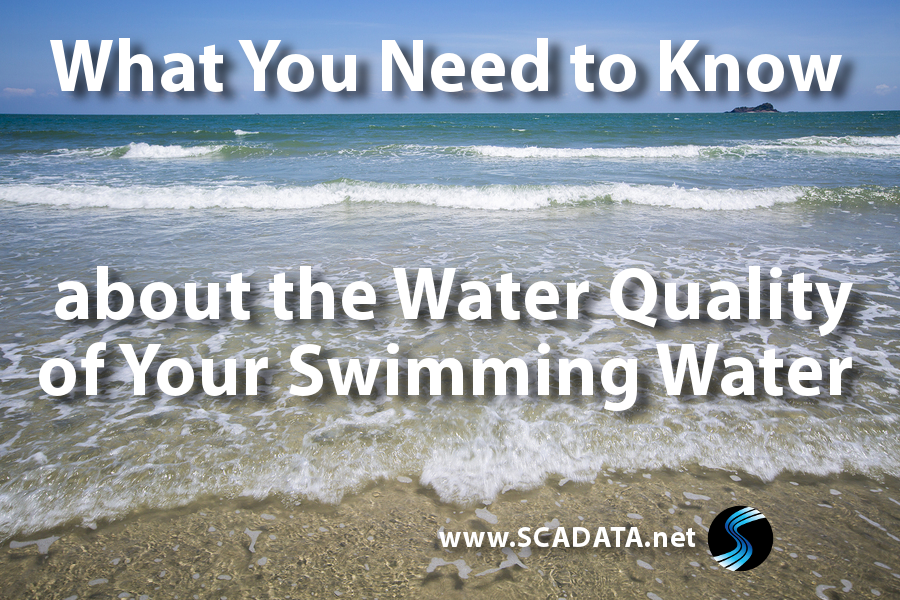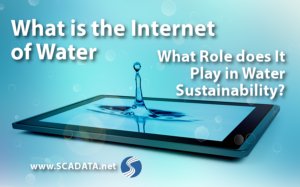When we think of water quality, our minds usually drift to our drinking supply. But, in the summer months, families flock to beaches and other swimming holes to find respite from the hot temperatures. Recent news headlines have warned of a brain eating amoeba. 15 beaches on Jersey Shore have been closed because of high bacteria levels. Pollution and the presence of other contamination raised red flags at 17 Michigan beaches. Should you be concerned about the water quality of your favorite swimming hole?
Probably.
Beach monitoring resources
Unfortunately, water can easily become contaminated. In the case of the recent Jersey Shore beach closings, the water became contaminated as a result of a bacteria found in pet and human waste. Not exactly a pleasant thought.
Fortunately, you have some resources at your disposal to check out the waters before you pack up and make the trip.
- BEACON: The EPA has developed a program known as BEACON (Beach Advisor and Closing Online Notification). As a resource, the EPA provides a map where you can check beaches to find out if they are closed due to contamination, have recently been contaminated, or are not monitored. Currently, the system monitors approximately 6,000 beaches across the country.
- Your state�s Department of Health: Often, individual states will offer water quality reports regarding the recreational areas in that particular state. Find your state�s Department of Health here. Once you find your state�s site, there are generally links for the state�s beach or public water areas.
- Heal the Bay Beach Report Card: Intended solely for the West Coast, the Beach Report Card issues an annual release of a report card which currently rates California, Oregon, and Washington. The report considers sanitation and water pollution, awarding a grade from A to F for each beach in its survey zone.
- A search in your favorite internet browser: An old-fashioned Google search will yield plenty of results by states where you can find more specific information regarding your desired destination.
For additional resources regarding beach monitoring, check the EPA�s website.
Tips for keeping beaches safe and clean
To keep your family safe regarding water-borne illness on public beaches, follow these tips:
- Do not venture onto any beach that is under advisory: Beaches close due to high level of bacteria or contamination which can have harmful effects on your health.
- Do not swim near pipes: Pipes can overflow and dump harmful wastes into swimming areas.
- Avoid beaches with large amounts of animal waste: High levels of harmful bacteria are often caused by human or animal waste.
- Swim in large bodies of water or areas that experience high water circulation: High levels of contaminants are more likely to be present in stagnant bodies of water.
If you decide you want to do your part, the EPA recommends a few ways you can help keep beaches clean:
- Dispose of trash properly
- Don�t feed animals
- Reduce wastes from boats
- Clean up after your pets
- Observe walking paths and other posted signs
Let’s all work hard to keep our swimming areas safe and fun.




